How to Choose the Right Water Valve for Your Plumbing Needs
Choosing the right water valve is crucial for ensuring optimal performance and longevity in plumbing systems. According to a report by the International Association of Plumbing and Mechanical Officials (IAPMO), improperly selected valves can lead to substantial inefficiencies and increased maintenance costs, often exceeding 20% of overall plumbing expenses. With the global plumbing market anticipated to reach USD 112 billion by 2027, understanding the different types of water valves—such as gate, ball, and butterfly valves—becomes essential for both residential and commercial applications.

Selecting a water valve tailored to specific needs not only enhances system efficiency but also contributes to sustainable water usage practices, aligning with the growing trend of eco-friendly plumbing solutions. As water scarcity remains a pressing global issue, making informed choices regarding water valve selection is more important than ever.
Understanding Different Types of Water Valves for Plumbing Applications
When selecting a water valve for your plumbing needs, it's essential to understand the different types available and their specific applications. Among the most common types are: gate valves, globe valves, ball valves, and check valves.
Gate valves are ideal for on/off control of water flow, providing minimal resistance when fully open. This makes them suitable for main water supply lines where flow restriction is not desired.
Globe valves, on the other hand, are designed for throttling service, making them effective in regulating flow rates but not the best choice for systems requiring frequent on/off operation.
Ball valves offer a robust solution for quick shut-off, characterized by a spherical disc that allows for easy flow control with a simple quarter turn. They are highly durable and can handle high-pressure applications, making them popular in residential and commercial plumbing.
Lastly, check valves are crucial for preventing backflow, ensuring that water only travels in one direction. Understanding these distinctions is key to choosing the right water valve tailored to your specific plumbing application, ensuring efficient operation and water management.
Key Factors to Consider When Selecting a Water Valve
When selecting a water valve for your plumbing needs, several key factors should be taken into account to ensure optimal performance and reliability. First, it is crucial to consider the valve type. For instance, quarter-turn valves, such as ball valves, are often ideal for applications requiring a quick shut-off. According to a report by the American Society of Plumbing Engineers, using the correct valve type can potentially reduce maintenance costs by up to 30%, emphasizing the importance of proper selection.
Another important consideration is the size of the valve. Correct sizing is essential to maintain adequate water flow and pressure in the system. The Plumbing-Heating-Cooling Contractors Association states that undersized valves can lead to excessive pressure drop, causing inefficiency and potential damage to the plumbing system. Additionally, material compatibility is vital; valves made from brass, stainless steel, or PVC should align with the existing plumbing materials to prevent leaks and ensure durability. Understanding these factors can significantly enhance the effectiveness of a plumbing system while minimizing future repair costs.
Water Valve Types and Their Popularity
The Role of Material Composition in Water Valve Performance
When selecting the right water valve for plumbing systems, understanding the material composition is crucial for optimal performance and longevity. The materials used in valve construction significantly influence their resistance to corrosion, wear, and pressure variations. For instance, according to a report by the American Water Works Association, brass and stainless steel are favored for their durability and resistance to rust, making them ideal for both residential and industrial applications. A study indicated that brass valves can last up to 15 years longer than those made from inferior materials, highlighting the importance of material selection.
Moreover, the compatibility of the valve material with the water quality in the system is vital. Different materials react differently to the chemical composition of water; for example, PVC valves are excellent in low-pressure environments and chemical resistance, while cast iron valves may be prone to corrosion in chlorinated water. According to the International Plumbing Code, proper material choice can enhance system performance and reduce maintenance costs, underlining the need for careful consideration of material properties when choosing water valves for specific plumbing needs.
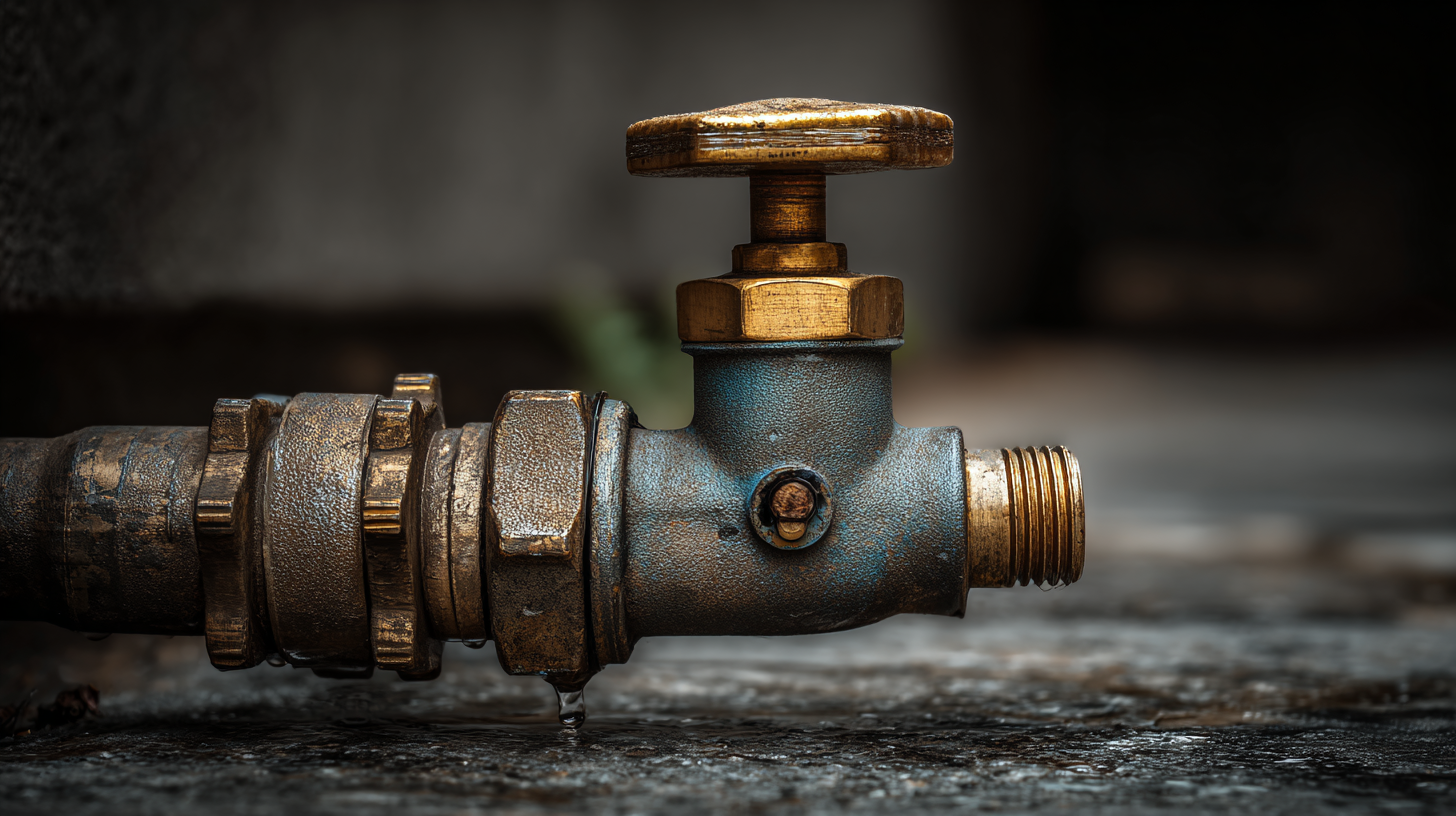
Best Practices for Installing and Maintaining Water Valves
When it comes to installing and maintaining water valves, following best practices is crucial to ensure optimal performance and longevity. A survey by the American Society of Plumbing Engineers (ASPE) highlighted that 30% of plumbing failures can be traced back to improper installation techniques. To avoid these issues, it's essential to select the correct type of valve for your specific plumbing system, whether it's a ball valve, gate valve, or check valve. Each type has unique operational features and should be chosen based on factors such as flow direction, pressure, and temperature tolerance.
Regular maintenance is equally important. The U.S. Environmental Protection Agency (EPA) recommends inspecting water valves every six months to identify any leaks or signs of wear. During this inspection, ensure that valve seals are intact and free of debris, and check for corrosion, which can significantly impact functionality. Additionally, a 2022 report from the National Association of Plumbing Contractors (NAPC) stated that consistent maintenance could extend the lifespan of water valves by up to 40%. By adhering to these best practices, homeowners can prevent costly repairs and ensure their plumbing systems operate efficiently.
Top Brands for Water Valves: Comparing Quality and Reliability
When selecting a water valve for your plumbing needs, the brand you choose can significantly impact quality and reliability. Well-established brands often offer products that have undergone rigorous testing and come with warranties, ensuring peace of mind for homeowners. Brands like Watts, Apollo, and Rheinhard are often recommended due to their long-standing reputation and commitment to innovation. Watts excels in producing durable valves suitable for both residential and commercial applications, while Apollo is known for its high-performance ball valves that resist leakage and corrosion.
In comparing these brands, it is crucial to consider the specific requirements of your plumbing system. Rheinhard's valves are often favored for their ease of maintenance and installation, making them a top choice for DIY enthusiasts. Additionally, many leading manufacturers provide comprehensive customer support and detailed product information, which aids in making informed decisions. By evaluating the strengths of each brand, you can select a water valve that not only meets your plumbing needs but also ensures reliability over time.
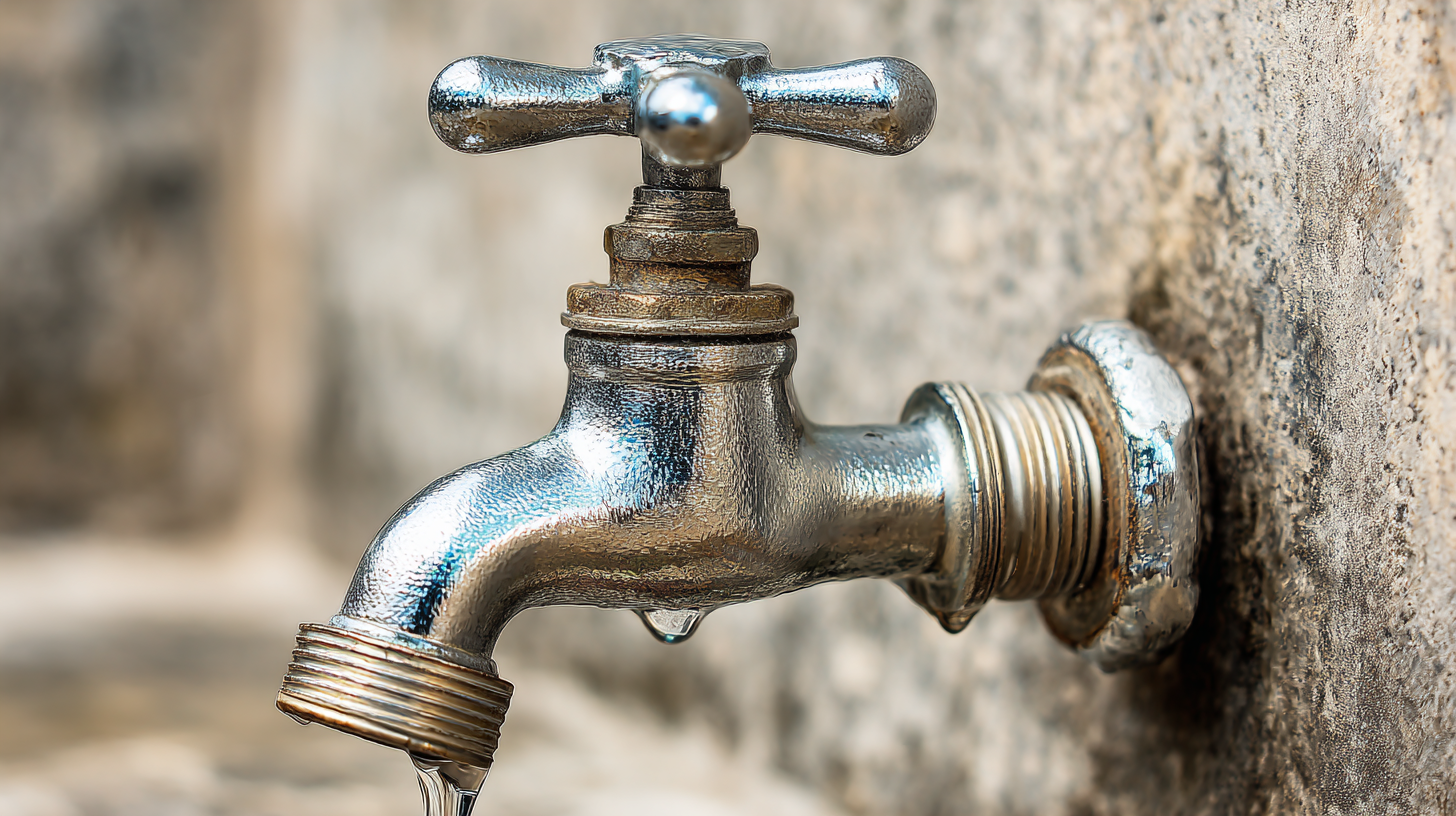
Related Posts
-
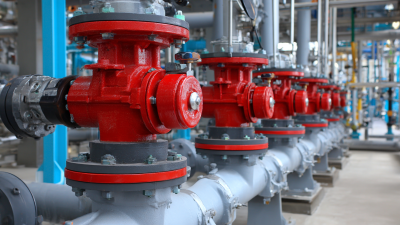
How to Choose the Right Water Valve for Your Industrial Needs
-
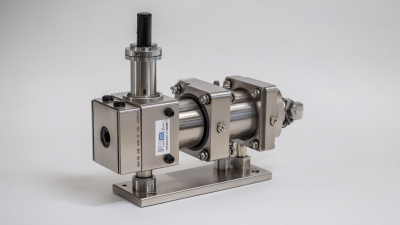
What Makes a Pneumatic Ball Valve the Best Choice for Industrial Applications
-
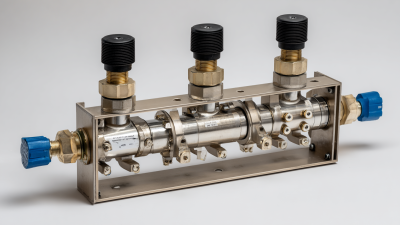
Unlocking Efficiency: Technical Specifications of the Best 3 Way Ball Valve and How to Optimize Its Use
-
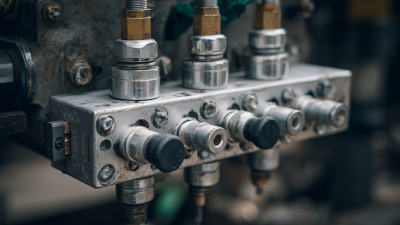
How to Select the Best Pneumatic Valve for Your Industrial Applications
-

What Defines an Actuated Ball Valve and Its Importance in Industrial Applications
-
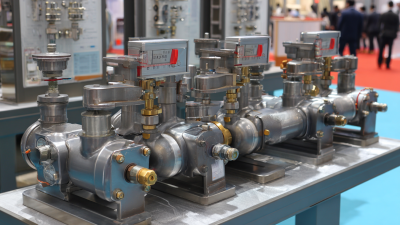
Exploring Flow Control Valve Trends and Market Growth at 2025 Canton Fair: Key Industry Insights
